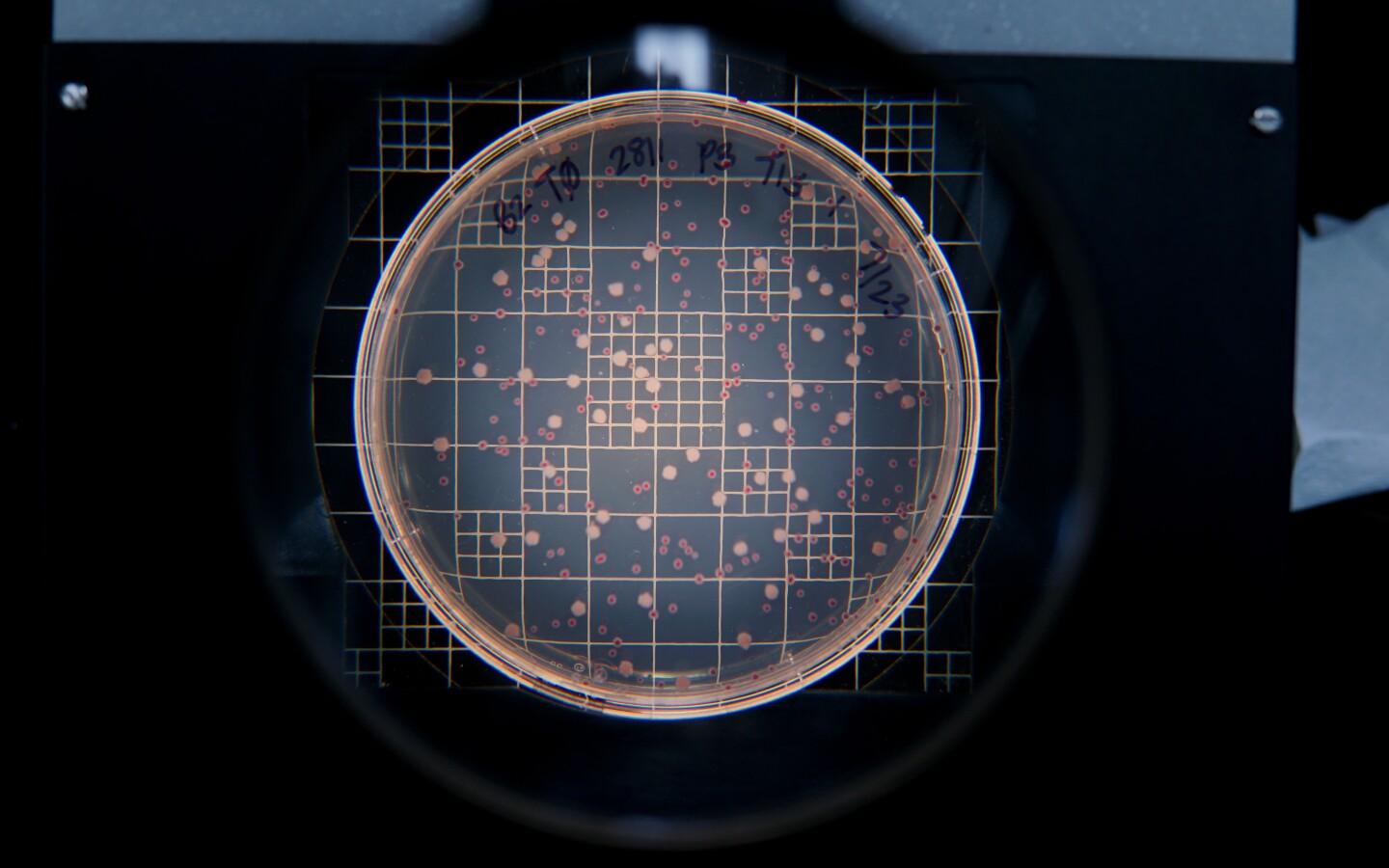Trained viruses wipe out bacterial infections by anticipating evolution
Date: 9.6.2021
Bacteria have a nasty ability to rapidly evolve, allowing them to evade antibiotics in short order. But now, scientists at UC San Diego have used evolution against them, by “training” bacteria-killing viruses to anticipate their next moves.
 Bacteria are some of nature’s most prolific evolvers, able to not just pass useful genes down to the next generation but actually swap them like trading cards within a current generation. So when they’re faced with the harsh environment of antibiotics, it’s no wonder they’ve managed to evolve their way out of danger within a few decades.
Bacteria are some of nature’s most prolific evolvers, able to not just pass useful genes down to the next generation but actually swap them like trading cards within a current generation. So when they’re faced with the harsh environment of antibiotics, it’s no wonder they’ve managed to evolve their way out of danger within a few decades.
Bacteriophages (or just phages) are viruses that specifically prey on bacteria, and while they were an early subject of study in treating bacterial infections, the development of antibiotics soon took medical science down another path. But now, with that path seemingly reaching a dead end, phages are looking promising once again.
In the new study, the researchers set out to train phages to be better bacteria killers. The phages were grown in flasks alongside their target bacteria for 28 days, so that they co-evolve and essentially learn the evolutionary escape routes that the bacteria might try to use.
Then, these trained phages were set loose on other populations of the bacteria. And sure enough, they were much better equipped to take out the targets, suppressing bacteria around 1,000 times more effectively than the untrained phages. The effects lasted between three and eight times longer, too.























